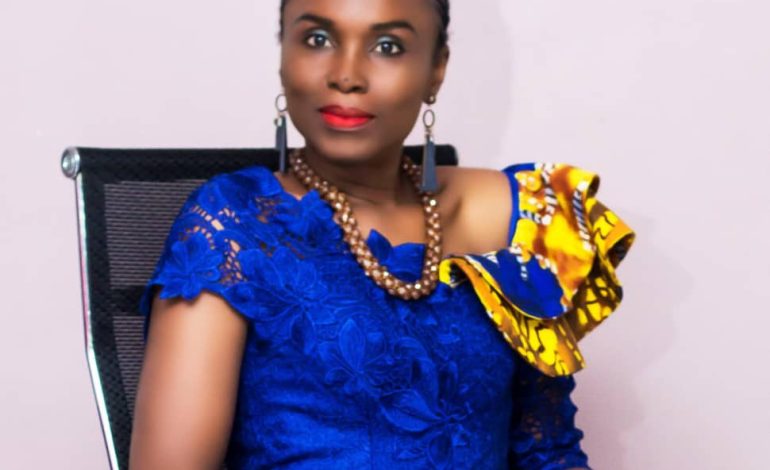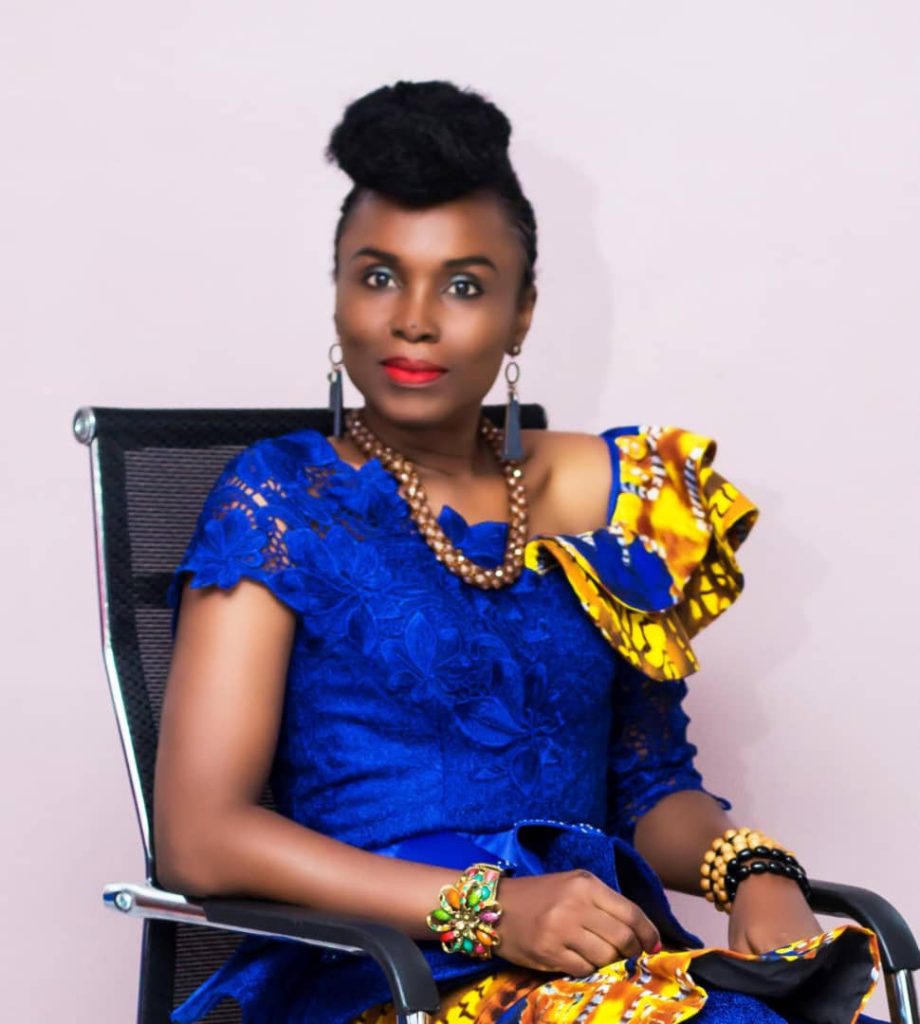World Press Freedom Day: USAGM engages Ejiro Umukoro on her novel, ‘Distortion’

* Victimhood is not something we should normalise, says Umukoro
By Oluwaseyi Jimoh
IT was an insightful moment when the United States Agency for Global Media (USAGM) Training Network celebrated World Press Freedom Day 2024 by engaging award-winning journalist and writer, Ejiro ‘LadyE’ Umukoro. She shared useful insights from her novel Distortion, which is a product of one of her investigative journalism works. The book is newly approved by Delta State Government for use in schools. The virtual conversation on Friday, May 3, 2024 brought to light the experiences of the author on her investigative journalism work and the need to prioritize mental health while taking full responsibility for one’s actions. The conversation was in tandem with the theme of the celebration, ‘A Press for the Planet: Journalism in the Face of Environmental Crisis’.
Facilitator of the event, Training and Development Project Manager at the US Agency for Global Media, Inna Dubinsky kick-started the session when she asked the author her inspiration for writing Distortion. Umukoro said the book was borne out of her past experiences as an investigative journalist in Nigeria and other countries around the world. She further stated that the book has four major characters that can be identified in any society: Abu – an outstanding pharmacist, who is pressured to go rogue, Akpobrume – a hardball, investigative journalist, Mama G – a widow also pressured to shed her humanity, and Kojo, who represents the voices of children who suffer acute lack in their early years and become victims of crooked beings. Abu as a key protagonist, Umukoro said, set the tone of the story; he constantly battles communal segregation and subjugation despite his numerous contributions as a pharmacist to Umu-Oti community that really needs his skills but which keeps undermining his humanity for phantom allegations. The author said this unconsciously leads him into depression, which later impairs his mental health in a dark manner he does not see coming.
Umukoro told her audience that the scenario painted in the book is a reflection of what transpires in some Nigerian societies and even globally where racial discrimination is still being practised. She also spoke about another character in Distortion called Mama G, who represents how the life of women can become odious while survival becomes a burdensome task, especially when society sets out to silence such women’s voices.

Ejiro ‘LadyE’ Umukoro
Umukoro’s novel weaves a narrative about how certain practices in society can distort the lives of some of its citizens, as portrayed in this book through the eyes and experiences of each character portrayed. Umukoro, in depicting Mama G’s character, is able to expose as well as encourage mothers and daughters to be aware of how vulnerable they are in a patriarchal society and take steps to be financially independent early.
According to Umukoro, “People are after you in a certain way you don’t realize through what I call your vulnerability pointers. Don’t be a victim, don’t live your life as a victim. Victimhood is not something we should normalise. And we can begin to do this by being accountable, and also try to take responsibility for our thoughts, ideas, actions and the activities we engage in.”
Participants were encouraged to ask questions or make suggestions during the Q&A session. Paula Caffey wanted to know if the author was ever fearful in the course of her investigative work, to which Umukoro replied: “Fear is just an emotional tool, an indicator or stimulus that limits those who welcome it in, because self-doubt and fear go hand in hand. Fear is a pointer for you to be aware, to raise your awareness of or heighten sense of urgency in preparation for an event, a happening or an action you have to take or about to happen. Fear thus prepares you.”
She asserted, however, that she is never overwhelmed by fear as such, explaining, “Despite the right to life, none of us, including myself, is aware when death simply takes over. We only die once. So, if that’s going to happen, why should I allow the fear of death overwhelm me? To deal with fear, I simply ask myself: ‘Can I do this task’? If yes, I dig deeper: what do I need to get it done? What challenges will come up and how do I address them to get it done. That’s how I deal with it or simply choose not to, because I don’t want to.”
As excitement about Distortion continued to build during the session, the conversation took another dimension when a guest Bridget Hall asked Umukoro how she was able to get suspects and victims to open up to her during critical investigative interviews.
“People know when you are sincere,” Umukoro explained, “just address them with compassion, putting yourself in their shoes and begin your questioning from the simple and easy questions that make them relax and trust you. You’ll be amazed how quickly and willing they will open up!”
When the author was asked how journalists were faring in terms of their mental health in Nigeria, Umukoro explained that plans were already in place to make journalists aware of how to deal with depressing or traumatic moments in the course of their practice. Using herself as a case study, she explained how she was totally sucked in while trying to get justice for the five girls used for rituals, because she couldn’t draw the line between when to withdraw or continue, and between being an involved campaigner and a detached journalist just doing her job.
“At one point,” she confessed, “not realising that I had been sucked into the horrific stories of these women and children, which was very much unlike me, as I’m good at setting up emotional walls. The time came that I needed to seek help. I’m still recovering from all of that impact. Journalism is now a profession under fire financially, and in terms of job security in Nigeria. I seriously encourage journalists to seek out tools for self-care and mental health management and prevention. Often, journalists don’t immediately know that demotivation and lack of energy to do their work are actually symptoms of a depressed state, a mental health pointer. At LightRay! Media, when we hosted the 100 Women in Media Leadership Summit in 2023 and now, as the convener of the African and Global Women in Media Leadership, we offer these trainings and even reach out to women and men, including journalism students who need this important support system to inspire them to stay mentally healthy and resilient.”
The hour-long virtual book conversation on Distortion was rounded off when Dubinsky commended Umukoro for such a thrilling, deeply insightful, mind blowing, and amazing interview session. Indeed, it was an impactful moment for participants from across continents who were further enlightened about various traumas encountered by journalists and how they face environmental crisis which, coincidentally, is the crux of the 2024 World Press Freedom Day celebration.
* Jimoh, a Post-Graduate Diploma student of Nigerian Institute of Journalism (NIJ), Lagos, wrote this piece



